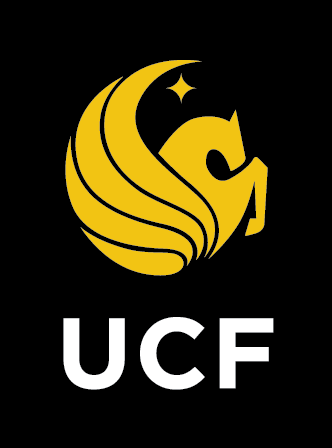Colleagues Committed to Redesign (C2R)
Winston-Salem State University
Course Title: General Biology
Redesign Coordinator: Sharia Phillips
Status: This project was part of Round I of NCAT's FIPSE-funded Colleagues Committed to Redesign (C2R) program, 2007 – 2008. Participants conducted a pilot of their redesign plans in fall 2007. In the C2R program, NCAT’s role was to introduce the course redesign methodology to participating institutions, assist them in developing project plans and work with them through the pilot period. NCAT was not involved in full implementation; consequently, the project’s status beyond the pilot period is unknown. For more information, contact the project contact listed above.
Project Abstract
Winston-Salem State University plans to redesign General Biology, a general education basic science course required of all potential graduates. The traditional course serves 1500 students, ~900 in the fall semester and ~600 in the spring. General Biology is a three-credit course with two hours of lecture and two hours (one credit) of lab.
The traditional course has multiple academic problems. The first is a poor DFW rate that averages 60% each semester. All students must pass the course, with at least a D, to graduate and the high DFW rate creates a problem of many repeat students. The second problem is a lack of student interest in the course and lab. The third is the time, staff and resources necessary to hold a lab for such a large number of students.
The planned course redesign eliminates the required lab. The three-credit course will be reduced from a total of four hours to three hours. Using the Replacement Model, the third hour will be replaced with online assignments and laboratory style exercises with instructors continuing to be in the classroom for two hours. The laboratory will become a separate course for those students who want to take it. Topics of the course will be changed and reordered to increase student interest. In the second year of the redesign, discussion boards, emphasizing real-life applications will be initiated. The redesign plan also includes a pilot I-pod test project where students will be able to watch video clips of mini lessons as well as video and audio files.
The redesign will enhance quality by increasing student interest and active learning, providing interactive and personal assignments and laboratory style exercises. A student response system will be used in the lecture periods, increasing student engagement in class. Online lab exercises, assignments and quizzes will provide immediate feedback. Students will be able to make multiple attempts on some of the minor assignments. The use of online assessments for lab exercises, instructor quizzes and eventually all exams will allow instructors to catch problems faster and address them appropriately.
A number of assessment activities, comparing student-learning outcomes, are planned. Exams are standardized in format, sharing questions and a test bank. Student learning will be assessed by comparing common final exams, common content items selected from exams, and course grades using common criteria. The increase in student knowledge will be measured by pre- and post-tests. Student passing rates will be analyzed and surveys will be used to determine student interest in the course.
The redesign will increase the number of students served to 1600 over the current 1500. The number of sections will decrease from 20 to 18. The elimination of a required laboratory allows a decrease in the number of part-time faculty involved in this course from 14 to 12. Moving most to all classroom assessments online with the corresponding decrease in out-of-class hours used to grade, sort and record this information will also result in savings. This redesign will reduce the instructional cost-per-student from $132 to $100, a 24% decrease. These savings will support making the new optional lab course for general biology more interactive for students as well as improving the laboratories of upper-level life sciences courses.
|
